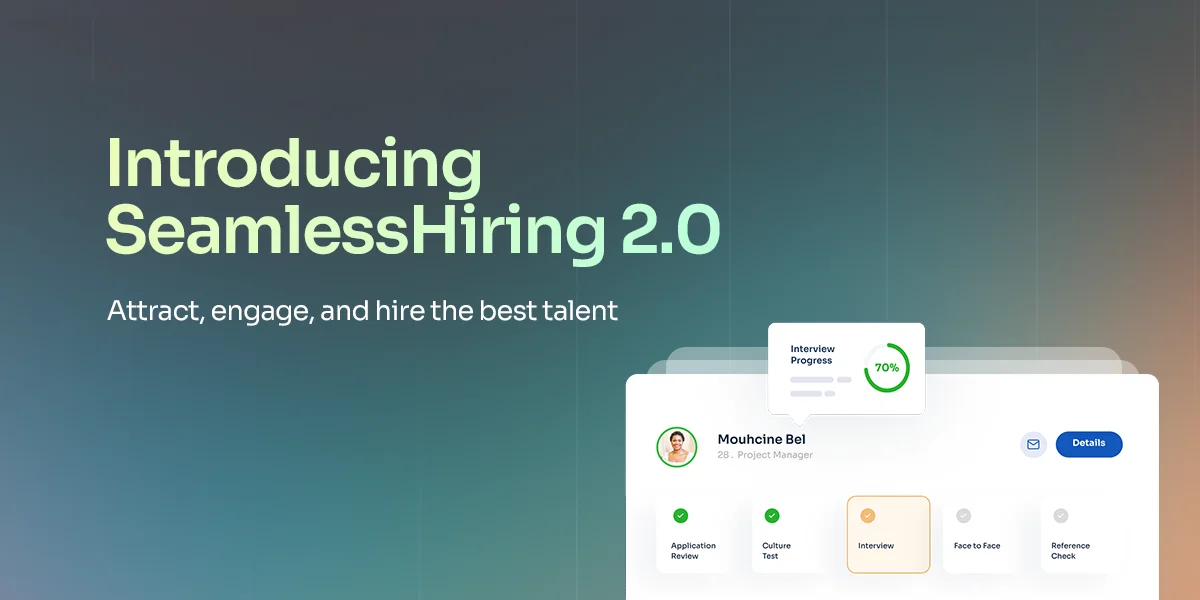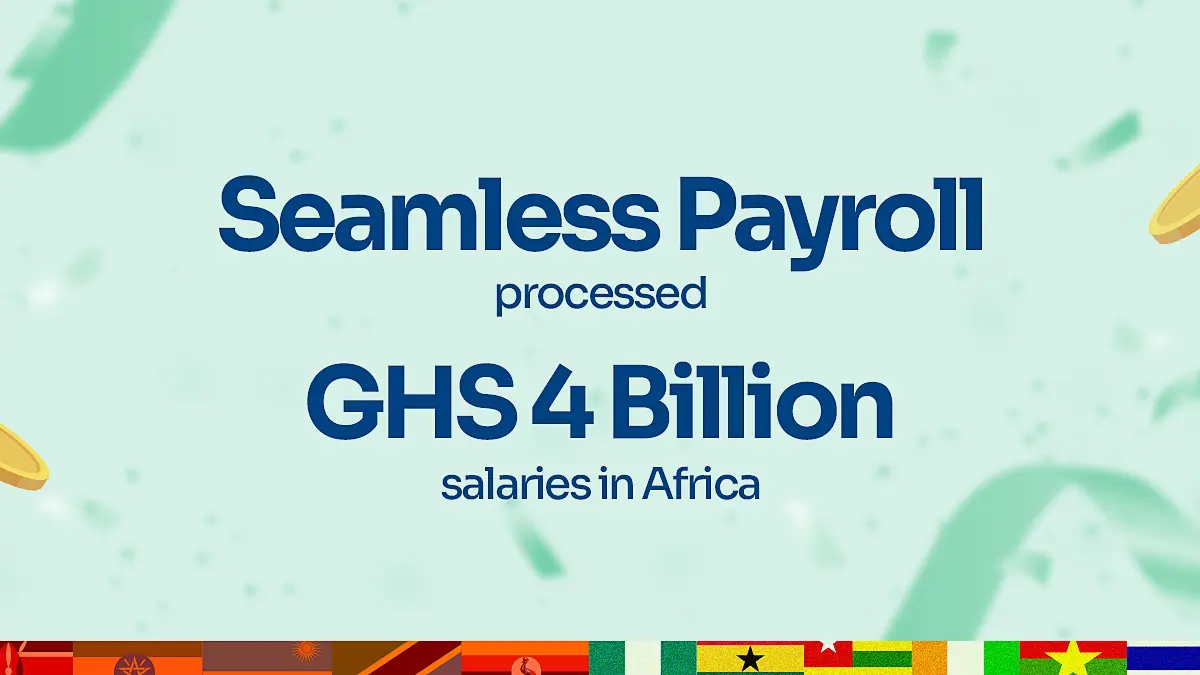In the pursuit of a world-class public service, nations must often undergo periods of profound introspection and strategic re-engineering. For Nigeria, this transformative journey is charted by the Federal Civil Service Strategy and Implementation Plan 2021-2025 (FCSSIP25).
More than a policy document, FCSSIP25 is a reform blueprint designed to digitise the federal bureaucracy and transform the civil service into a world-class entity by 2025.
What is FCSSIP25?
The Federal Civil Service Strategy and Implementation Plan 2025 (FCSSIP25) is a comprehensive roadmap launched by Nigeria’s Office of the Head of Civil Service of the Federation. It is aimed at transforming the civil service into a world-class institution that is efficient and digitally empowered.
At its core, FCSSIP 25 seeks to:
- Modernise government operations through digital transformation.
- Strengthen human capital by investing in civil servants’ skills and performance.
- Create an environment where service delivery to citizens is faster, smarter, and more reliable.
This plan is built upon the foundation laid by its predecessor, FCSSIP 20, and is a deliberate move towards aligning the machinery of governance with national development plans. Its success hinges on a commitment to a new ethos, one that prioritises merit, performance, and a readiness to embrace a new, digitally-empowered era.
The Six Pillars of FCSSIP 25
The FCSSIP25 is underpinned by six core pillars, each a distinct but interconnected component of the holistic reform agenda.
- Capability Building and Talent Management: This pillar focuses on developing a modern, skilled and well-equipped workforce through structured, mandatory training and development programs like SMAT-P (Structured Mandatory Assessment-Based Training Programme) and LEAD-P (Leadership Enhancement and Development Programme), creating a more skilled civil service.
- Institutionalising a Performance Management System (PMS): Moving away from the old, subjective Annual Performance Evaluation Report (APER), this pillar introduces a new, objective framework. It establishes clear Key Performance Indicators (KPIs) for individuals and departments, linking performance directly to rewards and career progression.
- IPPIS-HR and Payroll Management: This pillar aims to modernise HR and payroll administration by integrating human resources component into the Integrated Personnel and Payroll Information System (IPPIS), eliminating inefficiencies and enhancing transparency and accountability.
- Innovation: This pillar encourages creative thinking and problem-solving, encouraging civil servants to find new ways to use innovative technologies for better service delivery.
- Digitalisation of Records and Processes: This pillar drives the transition from a paper-based to a paperless government by digitising records and automating workflows through systems like HRIS, leading to a more efficient public administration.
- Staff Welfare: Recognising that a motivated workforce is a productive one, this pillar focuses on improving the welfare and working conditions of civil servants. This includes addressing issues of remuneration, career progression, and creating a conducive work environment that ensures the well-being and morale of staff.
The Impact of FCSSIP 25 on Civil Service Workers
For workers across ministries and parastatals, the FCSSIP25 means a tangible improvement in their professional lives, touching on key day-to-day activities:
- Smarter Career Paths: Instead of waiting for a long time for a promotion, your hard work and skills will now be the main drivers of your career. The new system is designed to reward your performance directly, helping you climb the ladder faster.
- Fairer Performance Reviews: Gone are the days of subjective appraisals. Your performance will be measured by clear, objective goals, ensuring that your achievements are recognised and rewarded fairly.
- Modern Skills for a Modern World: The strategy offers you the chance to gain new skills through professional training. This isn’t just about a certificate; it’s about making you a more valuable and capable worker in a digital-first environment.
- Simplified HR Processes: Imagine no more manual paperwork for your salary or leave requests. The new digital systems will make everything faster, more transparent, and more accurate, so you can focus on your work instead of administrative hassles.
The ultimate goal is to create a public service workforce that is motivated, efficient, and future-ready; capable of delivering on Nigeria’s national development agenda.
The Role of Technology: How SeamlessHR Supports FCSSIP25
The success of Federal Civil Service Strategy and Implementation Plan 2021 – 2025 (FCSSIP 25) is inextricably linked to the successful deployment of modern technology solutions. This is where SeamlessHR becomes a crucial partner in the journey. SeamlessHR, a leading Nigerian HR technology company, is uniquely positioned to help ministries, departments, and agencies (MDAs) navigate this transition and achieve the strategy’s objectives.
- Pillar 1 (Capability Building): SeamlessHR’s Learning Management System (LMS) can provide a centralised platform for the mandatory trainings required by the strategy, allowing for digital, trackable, and scalable employee development.
- Pillar 2 (Performance Management): With its robust Performance Management module, SeamlessHR digitises the entire appraisal process, from setting clear, cascading KPIs to conducting regular performance dialogues and generating objective reports. This provides the transparency and data required for a meritocratic civil service.
- Pillar 3 (IPPIS-HR): As a comprehensive Human Resource Information System (HRIS), SeamlessHR offers a solution for integrated payroll and personnel administration, helping to streamline processes, manage employee data accurately, and reduce manual intervention. Its focus on data accuracy and integrity directly addresses the ghost worker menace.
- Pillar 4 (Innovation): The success of the civil service transformation hinges on a culture of continuous improvement and creative problem-solving. SeamlessHR directly fosters this innovation by providing a platform that not only automates tasks but also encourages data-driven decision-making. Its analytics and reporting tools allow MDAs to identify inefficiencies and bottlenecks, paving the way for innovative process re-engineering. Furthermore, SeamlessHR’s adoption of technologies like Applicant Tracking System for recruitment and its ability to integrate with other platforms demonstrates a forward-thinking approach that helps government agencies move away from rigid, legacy systems towards a more agile and responsive digital ecosystem.
- Pillar 5 (Digitalisation): SeamlessHR’s core functionalities; from automated leave and attendance management to digital onboarding, are the very tools needed to usher in a paperless civil service. With a single source of truth for all HR-related data, SeamlessHR enables MDAs move away from fragmented, legacy systems towards a unified, digital ecosystem.
- Pillar 6 (Staff Welfare): The SeamlessHR platform goes beyond HR modules by offering embedded finance solutions that directly address the welfare of civil servants. Services like instant access to employee loans and earned wage access provide a crucial safety net, improving their financial well-being. With these benefits, SeamlessHR enables MDAs to boost morale, improve productivity, and make the civil service an attractive, competitive career choice, which is central to retaining top talent.
The partnership between an end-to-en HR platform like SeamlessHR and the public sector is not just a technological upgrade; it is a strategic alliance aimed at building a more agile, data-driven, and accountable civil service for a more prosperous Nigeria. The time has come to embrace this new reality.





